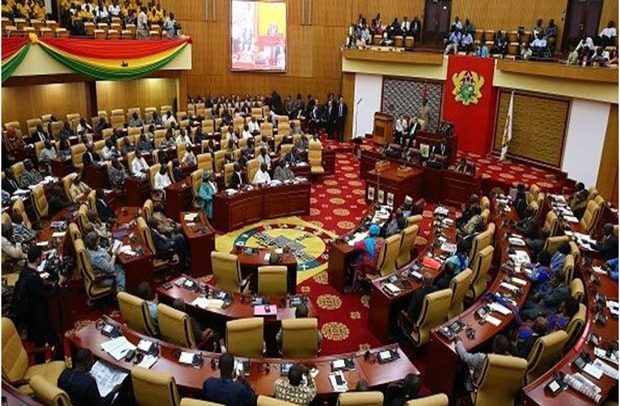MEMBERS OF Parliament (MPs) have called for new laws to moderate and counter-balance disinformation and misinformation in the traditional and social media, with penalty slaps on charlatans.
The lawmakers said rules around media excesses in relations to the rights and freedoms, and reputations of individuals were wholly inadequate for the digital age.
Contributing to a statement on the international day to end impunity of crimes against journalists, MPs from both sides of the House agreed that there was the need for stronger checks against media excesses to safeguard reputations, while guaranteeing press freedom.
Majority Leader, Osei Kyei-Mensah-Bonsu, stated that the National Media Commission (NMC) appeared toothless in trying to call media practitioners who stray to order.
“We need the media, but the media should not assume positions that are otherwise abhorrent to our society. These days anybody who has a microphone before him or her believes that he has the power to descend on any person in this country.
“When he is called to order he refuses to submit. Some media persons in this country, coming under these characteristics, every morning have one person to attack. And they tear you into shreds,” he noted.
He continued, “They have no evidence. You complain to the NMC and they have no evidence. When asked to apologise to the person and retract, he tells them that he will not do that.”
“In the meantime, he has torn your image into shreds. Mr. Speaker, I think there should be a counter-balance. If we have to amend the constitution to bring some of them under control, so be it,” the Majority Leader intimated.
Toxic Source
The Minority Leader, Haruna Iddrisu, said social media, in particular, had become a toxic source of misinformation and disinformation, calling for reflection on the contents produced by users.
“Unregulated social media and its relationship with rights and freedoms, and more importantly, on reputation has become a concern,” he stated.
He argued, “Today, anything can be published on anybody and by the time you redeem your reputation, it is already in tatters, yet we have no law that regulates contents within the social media environment.”
He said Ghana had provided the opportunities for freedom of expression far beyond the frontiers of Articles 162 (1) and 167, pointing out, “There are as many FM stations as there are television stations that are giving opportunity to vent expression.”
According to him, the wheels of freedom are rolling, but there is the need to develop new rules to safeguards reputations.
“Ghana needs a new broadcasting bill or law to regulate broadcasting generally in the country. As we speak today, the GBC in the morning will say they are the state broadcaster and, in the evening, they are a public broadcaster.
“We need a law that situates GBC as a public broadcaster akin to what we have at the BBC of the United Kingdom,” he submitted.
According to him, “We need to define the parameters so that we know the difference between a state broadcaster, a public broadcaster, commercial broadcaster and a community broadcaster.”
BY Ernest Kofi Adu, Parliament House

